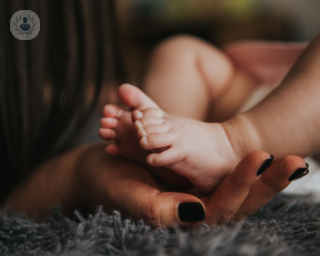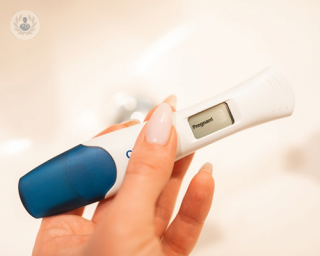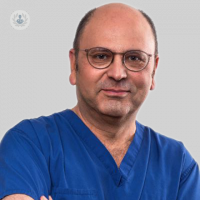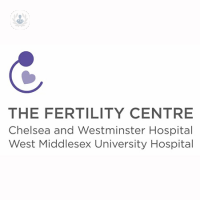Egg donation
Mrs Arianna D´Angelo - Obstetrics & gynaecology
Created on: 05-06-2015
Updated on: 08-25-2023
Edited by: Karolyn Judge
What is egg donation?
Egg donation is a process in which a woman donates her eggs to help another woman conceive. The procedure forms part of assisted reproduction treatment. After the eggs are extracted from the donor, a doctor will then fertilise them in a laboratory and transfer the resulting embryos to the recipient’s uterus.
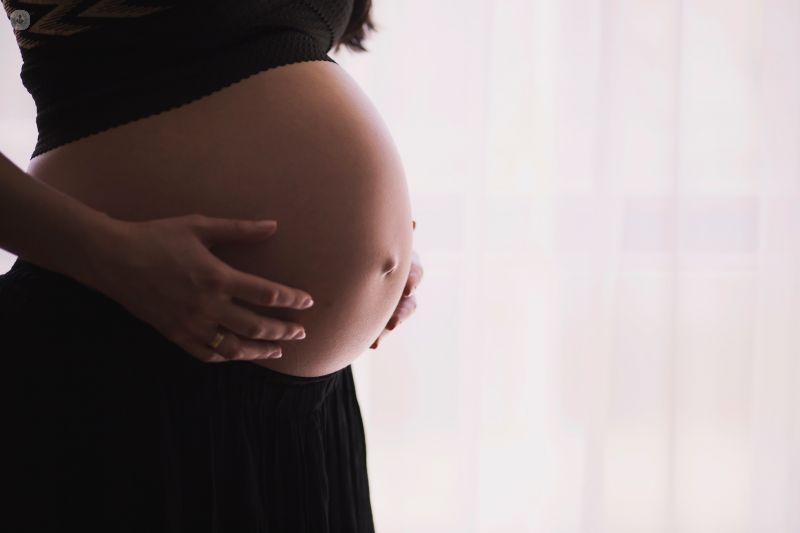
Apart from this, a woman may also choose to donate her eggs to fertility research or training.
To be able to donate, you need to:
- be between 18 and 35 years old;
- have a BMI of under 30;
- be in good health;
- free of sexually transmitted or inherited diseases, and;
- have no serious mental health issues.
Why is it done?
Egg donation is a process to help women who cannot conceive naturally. Many women choose to donate to a family member or friend who can’t use their own eggs, whilst others decide to donate to strangers.
There are many reasons why a woman cannot use her own eggs, for example, they may have undergone cancer treatment, passed through menopause early or her children might have a high risk of developing a serious genetic condition.
What happens during the extraction?
Firstly, the donor will have to take medication to suppress their natural hormone production which gives the doctor full control of the fertility process. Subsequently, the donor will begin further hormone treatment in the form of medication and injections to boost the production of eggs and to encourage them to mature.
During the procedure, the donor will be sedated and a doctor will extract the eggs. The process typically takes around 30 minutes in which the doctor will attempt to obtain at least eight mature eggs.
After the procedure, some women find they are sore and need several days of rest. Others return to normal activities relatively quickly.
What's involved in preparation for egg donation?
Before carrying out this procedure, the donor must undergo a medical check-up to assess their physical and mental health, which takes also into account their family medical history. This assessment also collects data on the donor such as:
- body shape and size;
- skin and eye colour, and;
- rules out diseases such as syphilis, hepatitis C or rubella.
What's involved in aftercare?
After the procedure, the donor should rest until they feel better to return to their normal activities. After around 7 or 10 days, they should go back for a routine check-up with a gynaecology specialist to verify that no complications have developed.
What are the risks and complications?
The risks of complications developing during and after egg donation are usually very low. The use of anaesthetic also carries a relatively low risk, just like any other procedure.
The doctor will need to insert a needle into their ovary, which may cause bleeding in some women. Infection can also occur following the extraction of the eggs, so you may be prescribed antibiotics to counter this. In addition, there may be some side-effects to the medication used to promote ovulation in the egg donor, which can range from being mild to severe. The donor should discuss this with their doctor during consultations.

